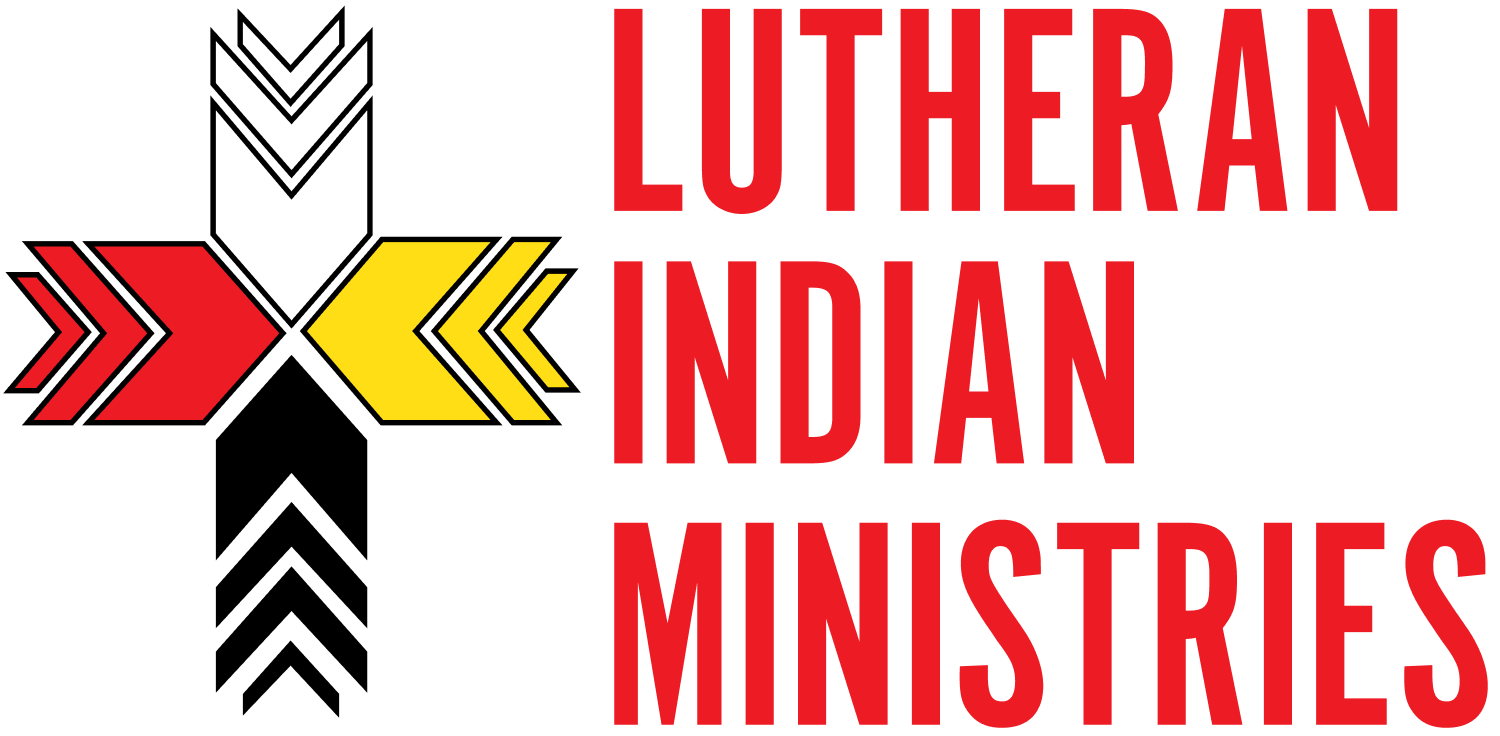This Week in Native American News (9/18/2020): Hand washing, Cycling, & Tattoos
September 18, 2020
'Like a lifesaver': Nonprofit group builds hand-washing units for Hopi, Navajo families without running water
Red Feather Program Coordinator Darleen Cortez hands off a handwashing station to Anthony and Linda Batala from Moenkopi, Arizona. Shondiin Silversmith/The Arizona Republic
Ilene Dabila saw pictures on social media of a Red Feather hand-washing station set up at a house on the Hopi Nation.
With no access to running water or electricity at her home in Lower Moenkopi, the 68-year-oldDabila knew she wanted one. It would be a step up from washing her hands out of a bowl.
"It's good for people like us," she said. "Every day we have to haul water."
On Aug. 19, Dabila picked up her new hand-washing station at the Tuba City Chapter House.
"This is really nice," she said. "It'll last longer."
The station is made up of two modified 35-gallon trash bins. One bin is for clean water, the other for gray water. They are connected with two hoses and a foot pump. The gray water trash bin has a small sink installed into it, made of PVC pipes and a plastic wash bin.
Read the Full Story Here
Neilson Powless, likely first Native American to compete in Tour de France, leads 'trail of journey, hope and inspiration'
Neilson Powless, likely first Native American to compete in Tour de France, leads 'trail of journey, hope and inspiration' (Jared & Ashley Gruber)
An Oneida man with ties to the Green Bay area has this year become the first tribally recognized Native North American to compete in the Tour de France, according to ESPN.
Neilson Powless, 24, was raised in California, but he would spend many summers in Wisconsin visiting his late grandfather, Matthew Powless, a tribal member of the Oneida Nation.
His two top finishes were early on in the Tour de France.
During the sixth stage, Powless finished fourth, and during the eighth stage he finished fifth.
A spokesperson for the Tour de France said that while this is first time they are aware a Native North American is competing in the race, they cannot confirm he is absolutely the first.
Cycling is a sport that tends to attract few Indigenous North American competitors, according to Shayna Powless.
She’s hoping her brother’s success can help change that.
Read the Full Story Here
How Native Arctic women are taking back the art of Inuit tattoos
Photo: Michael Conti Photography + www.naniqdesign.com
Holly Mititquq Nordlum grew up admiring her great-grandmother’s tattoos. Though the women in her Iñupiaq village in Arctic Alaska had not been tattooed for generations, photographs of the matriarch hung in the homes of all Nordlum’s relatives, her traditional ink on full display.
“I was always curious about our tattoos,” says Nordlum, recalling the few times she saw them in person as a girl. The daughter of a pilot, Nordlum remembers being encouraged to ask questions when her father flew in Native Alaskan elders from Wainwright or Port Hope, awed by the markings the women wore on their faces and bodies. “That must have stuck with me,” she says.
Now, Nordlum sports the tattoos her great-grandmother once did. For the past five years, she’s worked as a traditional tattoo artist in Anchorage, joining a league of Native women across the circumpolar Arctic working to revive the practice and redefine what it means today.
Read the Full Story Here
It’s hard to fit all the news in a little space.
To read all of this week's news, visit the LIM Magazine.
Sign up to get these emails in your inbox and never miss a week again!




